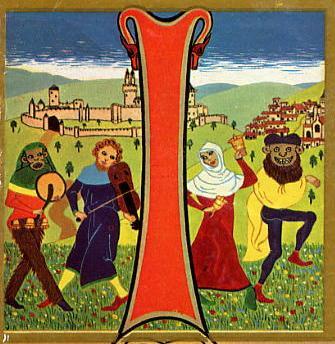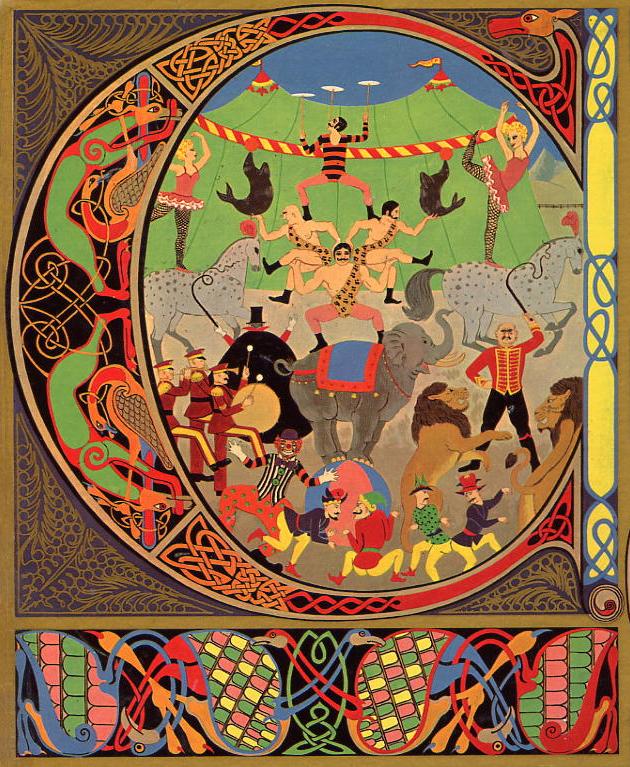"Who is the worshipper essentially? Merely a mask, a vehicle, for the energy of life. Our person is, as the word itself indicates, no more than a per-sona, that through which we sound or speak, a living mask. Our innermost and final reality is the sacred bios that it conceals, the vitality that inwardly animates us. All the forms and distinctions of the phenomenal world are simply masks. The same Dionysos underlies them all. The difficulty is that man has become so accustomed to his mask that he has forgotten that is all it is. Yet a mask that is never removed becomes a face, a false face, though its falsehood is unknown even to its wearer. To see through it rather than with it we must somehow separate from or 'stand outside' it."
Dionysos: The Masks of Madness
by Robert Luyster
Parabola
(20:4 - Eros)
winter 1995 |

|
 "Pluto denotes cosmic forces which demand broad, deep-seated changes. When
the need for such change is not recognized, however, Pluto will forcibly enact it in ways which are
often experienced as terrifying to the ego, with its limited field of consciousness and merely personal
range of experience and concern. It was in this sense that the religious scholar Rudolf Otto
conceived of God as a terrifying and fascinating force, which he called mysterium tremendum
[Pluto/Hades] et fascinans [Neptune/Poseidon]. Because Pluto corresponds to elemental forces comprising a
broader range, potency and power than the ego, their proximity to ordinary ego-consciousness is
often experienced as life-threatening, fracturing or overwhelming.
"Pluto denotes cosmic forces which demand broad, deep-seated changes. When
the need for such change is not recognized, however, Pluto will forcibly enact it in ways which are
often experienced as terrifying to the ego, with its limited field of consciousness and merely personal
range of experience and concern. It was in this sense that the religious scholar Rudolf Otto
conceived of God as a terrifying and fascinating force, which he called mysterium tremendum
[Pluto/Hades] et fascinans [Neptune/Poseidon]. Because Pluto corresponds to elemental forces comprising a
broader range, potency and power than the ego, their proximity to ordinary ego-consciousness is
often experienced as life-threatening, fracturing or overwhelming.
























 Arachnophilia
Arachnophilia